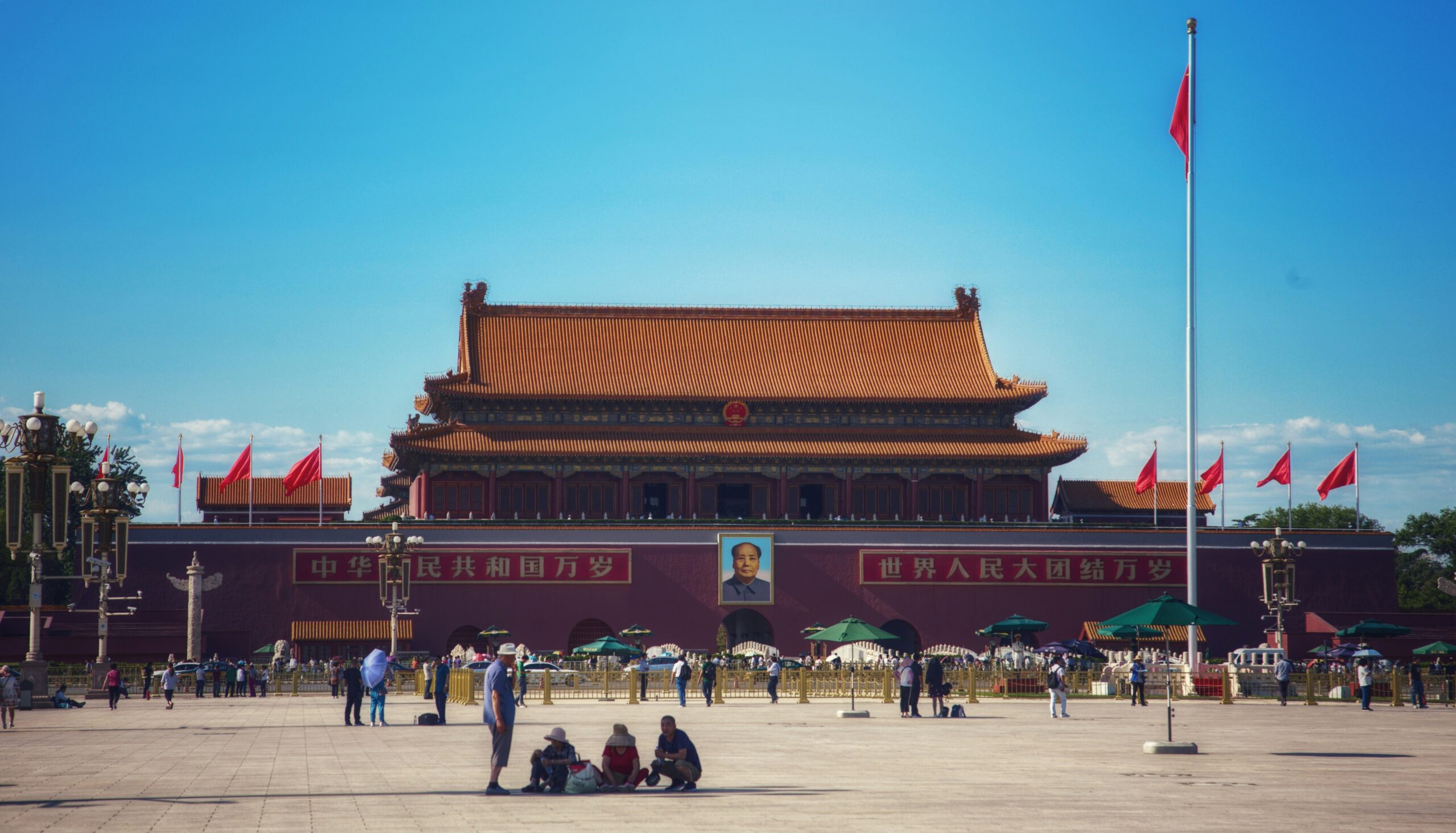COP29 Conclusion
COP29 has drawn to a close with an annual finance target of $300 billion being agreed to assist developing countries with the impacts of climate change. Simon Stiell, United Nations climate chief, praised the outcome as an “insurance policy”for humanity against global warming. However, the deal has been widely criticized with representatives of developing nations and climate activists labelling it as insufficient. Negotiators failed to arrive at an agreement on the action’s countries must take in response to the commitments made at last year’s U.N. climate summit. These include the transition away from fossil fuels and the target to triple renewable energy capacity in the next ten years. It has been suggested that negotiators from Saudi Arabia attempted to block such a plan from coming to fruition.
A Trump 2.0 Presidency and Climate Action
Moreover, Trump’s win in the U.S. presidential election has left COP29’s finance pledge in the lurch. It is not certain that Trump will pay into the finance goal that was agreed given that the president-elect has previously referred to climate change as a “hoax”. Upon his return to the Oval Office, Trump has announced his intention to withdraw from the Paris Agreement with preparations already underway to issue an executive order of withdrawal. In response to this threat, senior representatives from the EU, UK and China implied that their countries would be willing to fulfill larger climate leadership roles.
Ireland and COP29
From an Irish perspective, COP29 provided optimism that Ireland is on an upward trajectory regarding the pursuit of enhanced sustainability and climate-friendly practices. According to the German Watch report, which was presented at COP29, Ireland has achieved its best ranking yet in terms of reducing global emissions. The Climate Change Performance Index (CCPI) analysed the results of climate mitigation efforts of 63 countries plus the EU, collectively responsible for over 90 per cent of the global greenhouse gas emissions. This year, Ireland climbed 14 places to rank 29th, moving into the ‘medium’ performance category for the first time. While its ratings for renewable energy, energy, and overall climate policy were all deemed ‘medium’, Ireland’s performance on greenhouse gas emissions was considered ‘low’. National climate policy also lagged behind, earning a ‘low’ rating despite broader improvements.
The EU and COP29
The European Union launched its first Biennial Transparency Report at COP29, ahead of the December deadline. This marked a significant step towards the full implementation of the Paris Agreement. The report outlined the EU’s progress in assessing the effects of EU climate policies and measures in reducing greenhouse gas emissions and building resilience to climate change, as well as contributions to international capacity building and climate finance. As of 2023, the EU’s net greenhouse gas emissions have fell by 37 per cent since 1990. The report emphasised the fact that greenhouse emissions must be reduced by 40 per cent compared to 2005 levels. Targets for individual Member States range from 10 to 50 per cent. The accomplishment of these targets is backed by a plethora of sector-specific initiatives such as the Energy Efficiency Directive, the Renewable Energy Directive, the Common Agricultural Policy and the Innovation fund. These targets, which were reinforced at COP 29, may require businesses to adapt to stricter environmental regulations.

